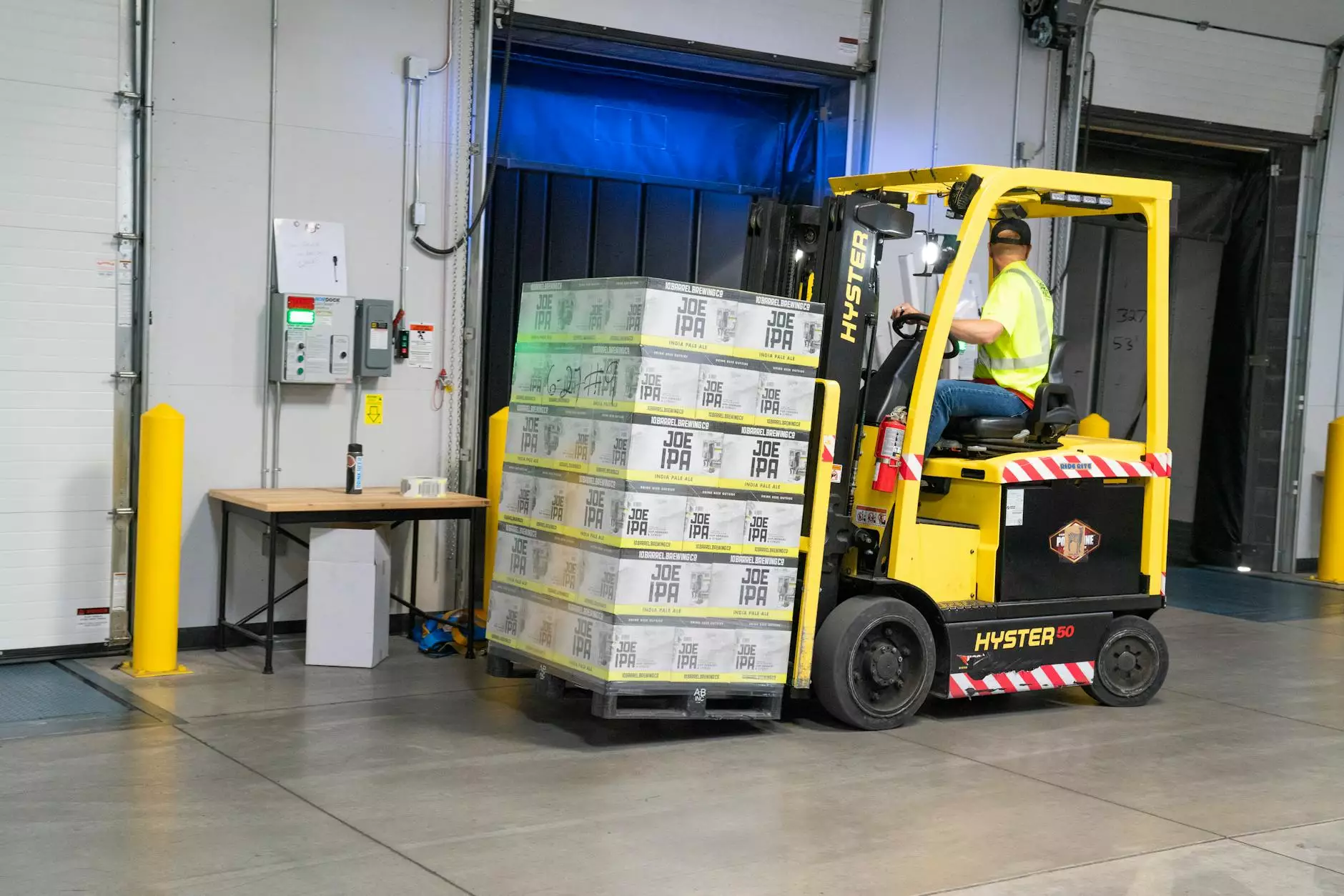Mastering the Truck Dispatcher Business: Your Ultimate Guide to Transportation, Business Consulting, and Vehicle Shipping Success

In today's fast-paced economy, the truck dispatcher business stands as a critical pillar of the supply chain, influencing everything from local deliveries to international freight movement. With increasing demand for reliable transportation solutions, owning or managing a truck dispatcher enterprise offers lucrative opportunities, provided you understand the nuances of the industry and implement strategic practices that promote efficiency, customer satisfaction, and profitability.
Understanding the Foundations of the Truck Dispatcher Business
At its core, the truck dispatcher business involves coordinating freight shipments, matching loads with suitable carriers, and ensuring timely deliveries. It requires a combination of logistical expertise, strong communication skills, and technological resources. Successful dispatchers act as vital links connecting shippers, carriers, drivers, and customers to maintain a seamless flow of goods across various regions.
The Growing Significance of Transportation and Vehicle Shipping
The transportation sector, especially vehicle shipping, is experiencing unprecedented growth due to globalization and e-commerce expansion. As businesses seek to streamline their supply chains, the demand for skilled dispatchers and efficient transportation management increases multifold. Integrating vehicle shipping services into your truck dispatcher business allows you to cater to specialized markets like luxury vehicle transport, commercial fleet relocation, and cross-border shipping.
Key Components of a Successful Truck Dispatcher Business
Building a thriving truck dispatcher enterprise involves mastering several core elements:
- Robust Technological Infrastructure: Using advanced dispatch software, GPS tracking, and real-time communication tools to optimize routes and monitor shipments.
- Established Carrier Networks: Developing relationships with reliable carriers to ensure capacity and consistency.
- Effective Customer Relationships: Building trust through transparency, timely updates, and excellent service.
- Compliance and Safety Protocols: Ensuring adherence to transportation laws, safety standards, and proper documentation.
- Financial Management: Maintaining accurate billing, cost control, and profit analysis to sustain business growth.
How to Launch and Grow Your Truck Dispatcher Business
If you're contemplating starting or expanding your truck dispatcher business, consider the following strategic steps:
1. Conduct Thorough Industry Research
Understanding market demand, regional logistics needs, and industry regulations is vital. Analyze competitor strategies, identify potential niche markets, and assess technological requirements.
2. Invest in Cutting-Edge Technology
Leverage dispatch software that offers load boards, route optimization, accounting features, and real-time tracking. Technology enhances efficiency, reduces operational costs, and improves customer satisfaction.
3. Develop Strong Carrier Relationships
Establish trust with dependable carriers. Offer attractive rates, transparent communication, and prompt payments to foster loyalty and ensure capacity when needed.
4. Build a Reliable Customer Base
Target shippers and freight brokers seeking dedicated dispatch services. Provide customized solutions, reliable timelines, and cost-effective transportation options.
5. Ensure Legal and Regulatory Compliance
Stay updated on transportation laws, licensing requirements, insurance mandates, and safety standards. Proper compliance prevents legal issues and enhances your company's reputation.
6. Focus on Continuous Education and Business Consulting
Engage with industry mentors, attend conferences, and consider business consulting services to refine strategies and stay ahead of industry trends.
The Role of Business Consulting in Enhancing Your Truck Dispatcher Business
Business consulting can be a game-changer for your truck dispatcher enterprise. Expert consultants provide insights into operational efficiencies, marketing strategies, technological upgrades, and regulatory compliance. They enable you to identify gaps, optimize processes, and implement scalable solutions that foster long-term growth.
Integrating Vehicle Shipping into Your Service Portfolio
Adding vehicle shipping services not only diversifies your offerings but also taps into lucrative markets. Specialized vehicle shipping requires adherence to specific safety standards, detailed logistics planning, and specialized equipment.
Benefits of Incorporating Vehicle Shipping
- Expanded Market Reach: Servicing luxury cars, motorcycles, RVs, and commercial vehicles.
- Differentiation: Standing out from competitors with specialized services.
- Revenue Growth: Command higher rates for niche transportation solutions.
- Strategic Partnerships: Building relationships with dealerships, rental companies, and manufacturers.
Harnessing Technology for Efficiency and Customer Satisfaction
Technological advancements are pivotal to streamlining operations in the truck dispatcher business. Modern dispatch solutions incorporate AI-driven route optimization, predictive analytics, automated customer notifications, and seamless documentation management.
Implementing these tools results in:
- Faster load matching: Reducing idle time for carriers and minimizing empty miles.
- Enhanced transparency: Providing clients with real-time tracking updates.
- Better resource allocation: Assigning loads based on driver availability and vehicle capacity.
- Reduced operational costs: Accelerating decision-making and reducing manual errors.
Building a Sustainable and Profitable Truck Dispatcher Business
Sustainability in the truck dispatcher business is achieved through strategic planning, technological adaptation, and exceptional customer service. Focus on the following principles:
Prioritize Quality over Quantity
Ensure the loads you handle are profitable and aligned with your operational capacity. Avoid overextending your network, which can lead to delays and compromised service quality.
Maintain Strong Industry Relationships
Building rapport with carriers, shippers, and industry stakeholders ensures steady business flow and resilience during economic shifts.
Invest in Staff Development
Employ knowledgeable staff and offer ongoing training to maintain high standards of operation, compliance, and customer interaction.
Embrace Innovation and Trends
Stay ahead by adopting new logistics technologies, exploring alternative fuel options, and understanding emerging markets like electric vehicles or autonomous transport.
Focus on Financial Health
Regular financial analysis, cost management, and strategic reinvestment cultivate a profitable and resilient business model.
Conclusion: Seizing Opportunities in Your Truck Dispatcher Business
Owning and managing a successful truck dispatcher operation demands a comprehensive understanding of transportation logistics, technological proficiency, strategic planning, and customer relationship management. By integrating transportation expertise, business consulting, and specialized vehicle shipping, your enterprise can capitalize on burgeoning markets and establish a dominant presence in the industry.
Continual learning, innovation, and a customer-centric approach are essential to outranking competitors and building a reputable brand. As the logistics landscape evolves, your ability to adapt and enhance your services will determine long-term success and profitability.
Invest wisely in your infrastructure, develop strong industry alliances, and seek expert advice to refine your business strategies. Remember, the truck dispatcher business isn't just about moving freight—it's about moving your enterprise toward sustainable growth and industry leadership.






